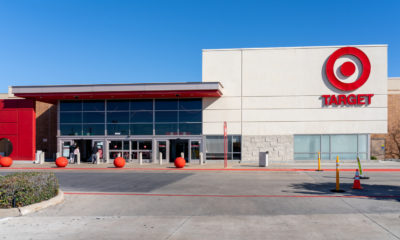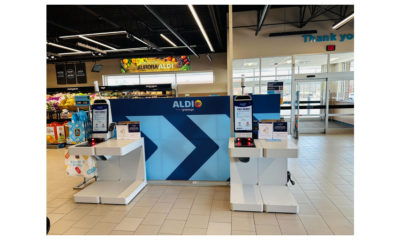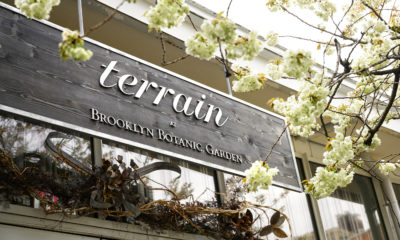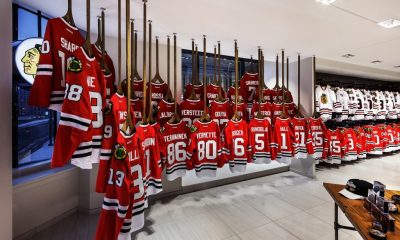Connecticut’s attorney general has announced a lawsuit against Best Buy Co. Inc. (Richfield, Minn.), accusing the nation’s largest consumer electronics retailer of deceiving customers and overcharging them through in-store computer kiosks.
The lawsuit says a Best Buy web site lookalike on the in-store kiosks did not reflect bargain deals available on the company’s web site. Connecticut attorney general Richard Blumenthal said store employees charged customers the higher prices that came up on the in-store site, which looks identical to BestBuy.com.
“Best Buy gave consumers the worst deal — a bait-and-switch-plus scheme luring consumers into stores with promised online discounts, only to charge higher in-store prices,” Blumenthal said.
Best Buy must respond by June 13 to the complaint, seeking refunds for consumers, civil penalties, court costs, a ban on the practice and other remedies, which would then be filed in Hartford Superior Court.
The company strongly denied Blumenthal’s allegations, saying the in-store kiosks merely provided customers with another way to get information about products and let them know what was available at that particular store. The retailer confirmed that store employees have access to an internal web site that looks nearly identical to the public BestBuy.com site, but the company’s policy is always to offer customers the lowest quoted price unless it’s specifically identified as a deal available only to online shoppers.
“We used the same web site platform for these in-store kiosks as we did for our national web site,” said Best Buy spokeswoman Susan Busch. “We did this to ensure that customers familiar with the national web site could easily navigate the in-store kiosk.” She acknowledged that a small percentage of customers did not receive the best prices from kiosks when they should have.
Advertisement
“Once this issue was brought to our attention, we provided immediate training for our employees to help ensure that all customers received the best price,” Busch said. “We are in the process of making changes to eliminate future confusion.”
Busch said the company intends to vigorously defend itself in court. “The future of our company depends on our ability to build trusted relationships with our customers,” she said.
Connecticut opened an investigation after a columnist for The Hartford Courant reported on one shopper who found a laptop computer advertised for $729.99 on BestBuy.com, then went to a Best Buy store where an employee who seemed to check the same web site told him the price was actually $879.99. After the column appeared, in March, about 20 customers contacted the attorney general’s office with similar complaints.

 Photo Gallery1 week ago
Photo Gallery1 week ago
 Headlines4 days ago
Headlines4 days ago
 Headlines1 week ago
Headlines1 week ago
 Headlines2 weeks ago
Headlines2 weeks ago
 Headlines1 week ago
Headlines1 week ago
 Designer Dozen1 week ago
Designer Dozen1 week ago
 Headlines1 week ago
Headlines1 week ago
 Headlines1 week ago
Headlines1 week ago













